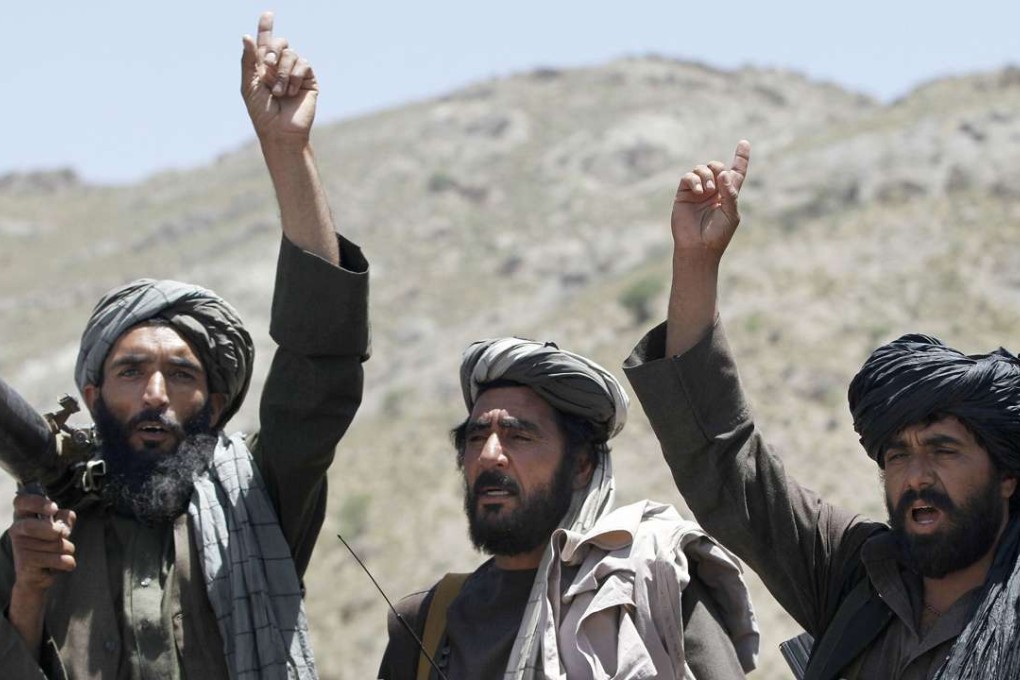Taliban may offer ceasefire in Afghanistan to contain Islamic State

The Taliban could offer a limited ceasefire to Afghanistan’s government to enable the warring parties focus on operations against the widening threat posed by the Islamic State (IS), Taliban commanders who have participated in recent internal deliberations told This Week in Asia.
The ceasefire proposal, yet to receive the final approval, is the latest in a series of political initiatives of the Taliban as it seeks to position itself as the first line of defence against the IS, which has set up a government in Khorasan, in the eastern Afghan province of Nangarhar. IS has also established footholds in the neighbouring provinces of Zabul and Ghazni, while its cell in Kabul has subjected the capital to a spate of lethal suicide attacks.

Earlier this year, the Taliban conducted secret talks with Iranian and Russian diplomats on cooperation to prevent the IS from using Afghan territory to carry out attacks in neighbouring states. It offered a similar assurance to China during talks held late last year as part of a failed multilateral effort with Pakistan and the United States to arrange peace talks between the Afghan government and the Taliban.
The Taliban last Tuesday surprised the international community by offering support to billions of dollars worth planned infrastructure projects in Afghanistan. A Taliban statement, issued a day after work began on a railway project to connect Afghanistan to Europe via neighbouring Turkmenistan, said it backed “all national projects which are in the interest of the people and result in the development and prosperity.” It directed its fighters “to help in the security of all national projects that are in the higher interest of Islam and the country”.
Other such projects include the massive Mes Aynak copper reserves located south of Kabul, to be developed by the Metallurgical Corporation of China Limited, and a US-backed pipeline that would carry natural gas from Turkmenistan through Afghanistan to Pakistan and India.